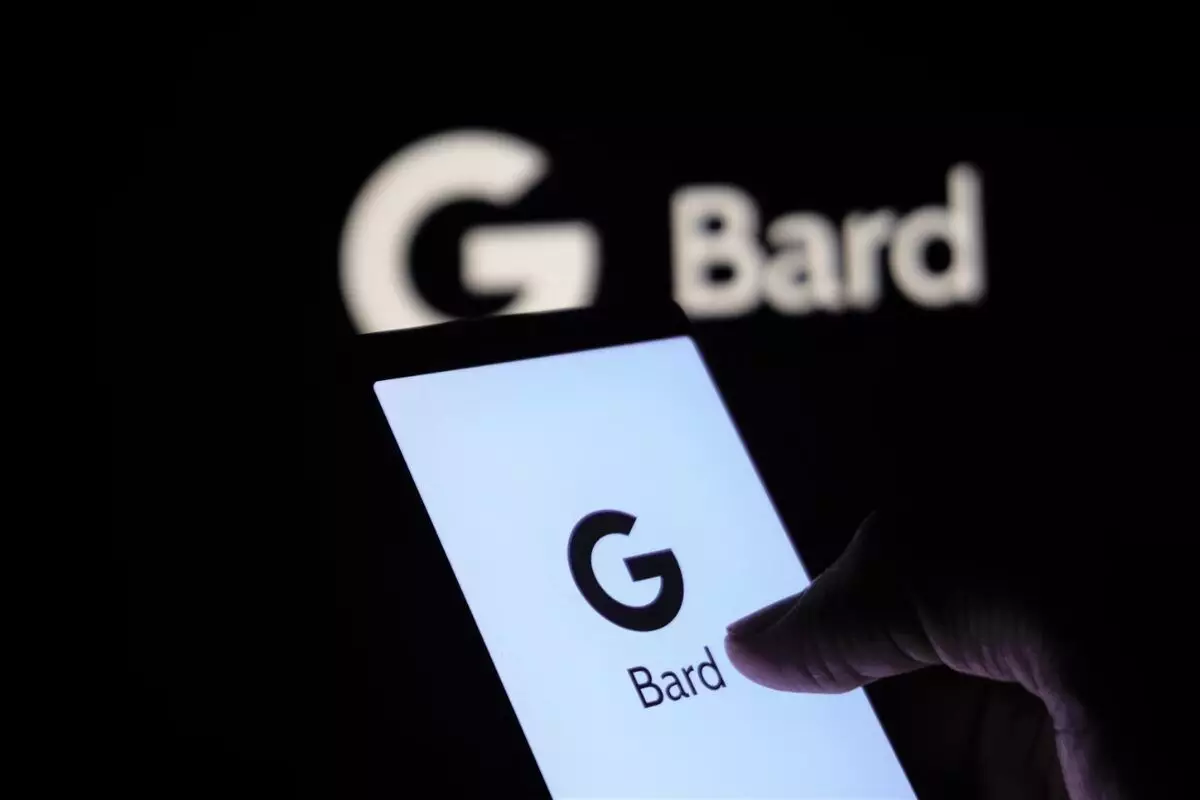In an exciting development, a recent report suggests that Google Bard will soon undergo a significant makeover including a new name and the introduction of an Android app. A tipster shared a screenshot of Bard’s changelog dated February 7, which unveiled several major announcements regarding the artificial intelligence (AI) chatbot. The most notable revelation is the rebranding of Bard as Gemini, emphasizing the foundation model that powers the chatbot. Additionally, the leak also mentioned the introduction of the previously confirmed paid Advanced tier and a dedicated Android app. The screenshot, posted by tipster Dylan Roussel, was found within Bard’s web interface, adding credibility to the information.
The rebranding exercise of Bard to Gemini signifies Google’s strong commitment to granting users direct access to its AI technology. The name change is not limited to the mobile app; instead, it encompasses the entire product. While this information aligns with a previous report by 9to5Google, which spotted references to Gemini instead of Bard in the strings of the latest Google app beta version, we were unable to independently verify this change. However, if the leak proves accurate, users across supported countries and languages will gain access to Gemini, a significant advancement in Google’s family of AI models.
The leaked changelog also featured an announcement regarding Gemini Advanced, the paid version of the chatbot. This version will harness the power of Google’s most potent foundational model, Gemini Ultra. Initially, Ultra 1.0 will fuel the Advanced tier’s capabilities. The changelog boasted that the paid version would excel at performing highly complex tasks such as coding, logical reasoning, following nuanced instructions, and creative collaboration. Furthermore, Gemini Ultra-powered chatbot users can anticipate exclusive features and expanded multimodal capabilities, amplifying their overall experience.
The changelog revealed another exciting development: the introduction of a new Android app for Gemini. This mobile application will seamlessly integrate with all Google apps, allowing users to interact with Gemini through text, voice, or images. Named the Gemini app, it ensures a smooth and user-friendly experience. Although iOS users may have to wait a bit longer for the dedicated app, they can still access Gemini through the Google app.
Prior to the rebranding and introduction of Gemini, Google Bard received a substantial update that augmented its capabilities. The chatbot now possesses an AI image generator, enabling it to create images autonomously. To distinguish these AI-generated images, Google implemented the DeepMind-developed SynthID, an invisible-to-the-eye digital watermarking system. This innovation adds an extra layer of transparency to the generated images, ensuring users can readily identify them as AI-created. Furthermore, Google expanded Google Bard’s reach, making it available in over 230 countries and territories, and increasing language support to more than 40 languages.
Google Bard’s transformation into Gemini, along with the introduction of the Advanced tier and Android app, signifies a significant advancement in the field of AI chatbots. With Gemini, users will gain direct access to Google’s best family of AI models, unleashing a plethora of possibilities for highly complex tasks, creative collaboration, and multimodal interactions. The rebranding reflects Google’s commitment to democratizing AI technology and making it accessible to users worldwide. As we eagerly await the release of Gemini, it is evident that Google continues to shape the future of AI-driven applications.

Leave a Reply